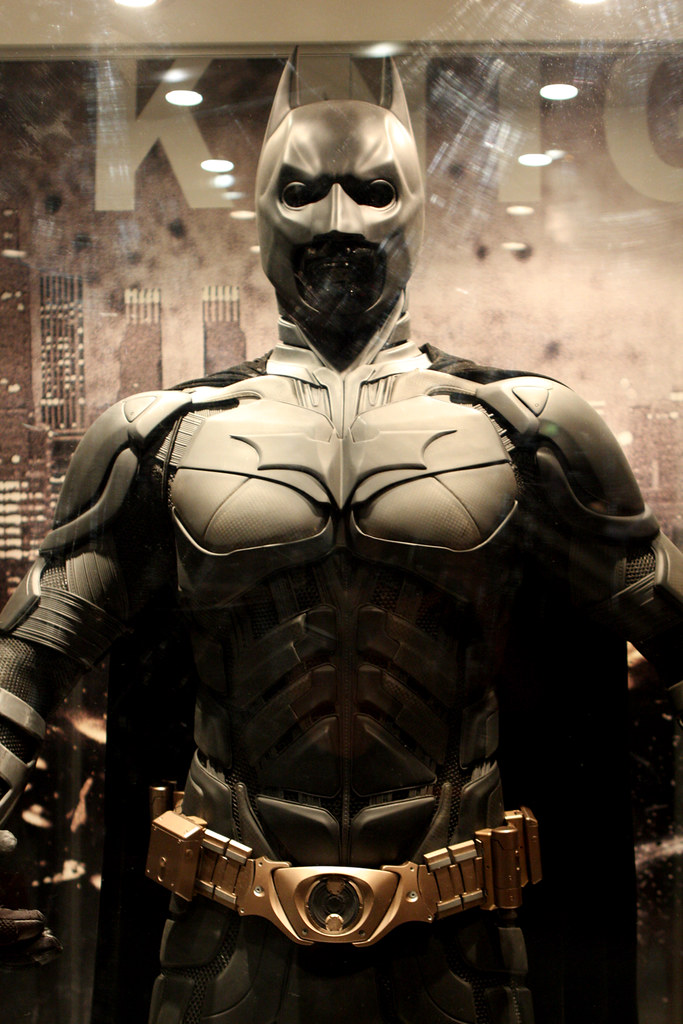The Dark Knight, released in 2008, is a collaborative endeavor between British and American film industries, with Christopher Nolan serving in multiple capacities—as director, producer, and co-writer. The cinematic work draws inspiration from the DC Comics figure of Batman and functions as a follow-up to the 2005 film Batman Begins, which also fell under Nolan’s directorial purview. Reprising his role as the titular character is Christian Bale, while key returning cast members include Michael Caine as Alfred Pennyworth, Gary Oldman as Commissioner James Gordon, and Morgan Freeman as Lucius Fox.
The Film’s Origins and Impact
The Dark Knight came into existence within a significant cultural context. Superhero films had started to gain momentum in the early 2000s, yet The Dark Knight elevated the genre by injecting a darker, more philosophical tone into its narrative. Nolan’s version of Batman was a stark departure from earlier portrayals of the character in cinema, which had been subject to a variety of interpretations since the character’s creation by Bob Kane and Bill Finger in 1939.
Christopher Nolan’s Unique Contributions
Christopher Nolan’s multi-faceted role in The Dark Knight was pivotal for the film’s success. Not only did he direct the film, but he also produced and co-wrote it. He was instrumental in deciding how to adapt the DC Comics character Batman to suit the darker, more complex atmosphere he had envisioned. This contribution has been lauded as one of the most profound shifts in the superhero genre, leaving an indelible mark that influenced later movies in the genre.
Key Performances
The performances in the film were of noteworthy caliber. Christian Bale, reprising his role from Batman Begins, continued to explore the psychological complexities of Bruce Wayne, who operates under the alias Batman. Michael Caine’s portrayal of Alfred Pennyworth provided a stabilizing influence on Bruce Wayne. Gary Oldman as Commissioner James Gordon represented the moral challenges of law enforcement, while Morgan Freeman’s Lucius Fox was the intellectual and technological backbone of Batman’s endeavors.
Awards and Recognitions
The film garnered numerous accolades. It was nominated for eight Academy Awards and won two: Best Sound Editing and a posthumous Best Supporting Actor award for Heath Ledger, who played the Joker. The film also grossed over $1 billion, making it extremely successful both critically and financially.
Influence on Subsequent Films
The influence of The Dark Knight transcends its immediate context. Its darker tone and complex narrative structure set a precedent for later superhero films, inspiring a generation of filmmakers to take creative risks in order to explore deeper themes within this genre.
Batman’s Origins and Development
Batman, the character around whom the film revolves, has a rich history. Created by Bob Kane and Bill Finger, Batman made his first appearance in Detective Comics #27 in May 1939. Over the years, the character has been adapted into various forms of media, including television shows, animated series, and a range of movies.
Reception and Legacy
The Dark Knight was received with critical acclaim, holding a 94% approval rating on Rotten Tomatoes based on 344 reviews, with an average rating of 8.6/10. Its influence remains evident more than a decade after its release, continually referenced in discussions around the capabilities of superhero cinema to engage with complex and darker themes.
Conclusion
The Dark Knight stands as a watershed moment in the history of superhero cinema. Christopher Nolan’s multi-layered involvement as director, producer, and co-writer contributed to the film’s critical and commercial success. With an ensemble cast delivering compelling performances and a story that delved into complex ethical and philosophical issues, the film has earned its place as a seminal work in the genre.
This exhaustive overview serves to underline the multifaceted impact and enduring legacy of The Dark Knight, a film that elevated the superhero genre to unprecedented heights both in terms of narrative complexity and critical acclaim.
